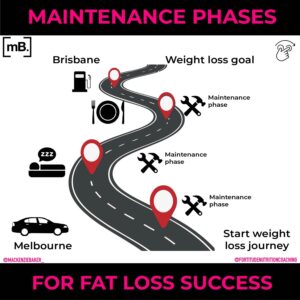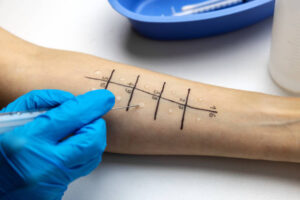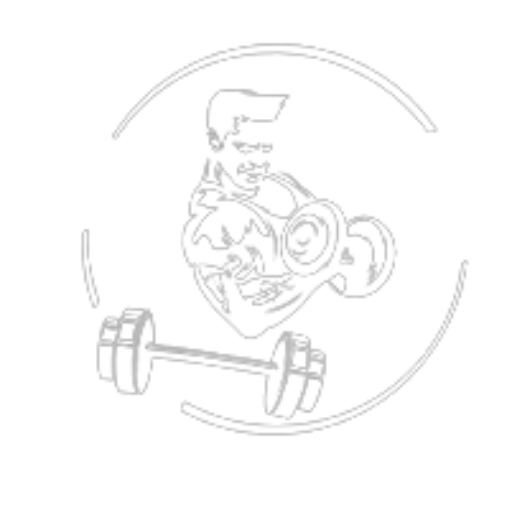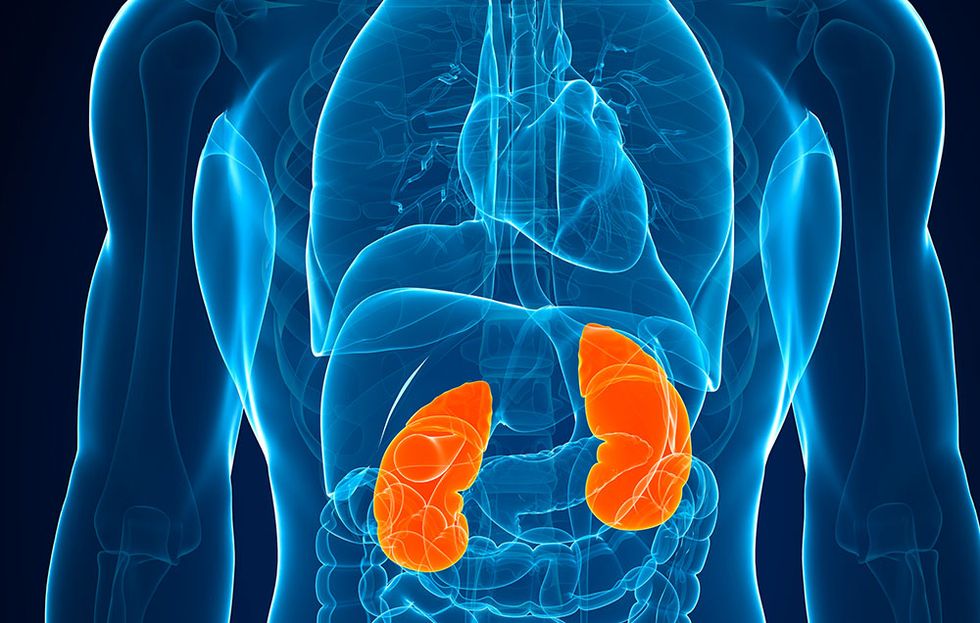Side effect of creatine

Introduction
Creatine is a widely recognized dietary supplement, renowned for its capacity to enhance athletic performance, support muscle growth, and improve overall physical fitness. While it offers several benefits, it’s essential to delve into the topic of potential side effects of creatine to make informed decisions about its use. In this SEO-friendly blog post, we will explore creatine, its benefits, and take an in-depth look at the side effects of creatine, helping you understand how to use this supplement safely.
Section 1: What is Creatine?

Creatine is a naturally occurring compound found in small quantities in certain foods and synthesized by the body, primarily in the liver, kidneys, and pancreas.Side effect of creatine, It plays a pivotal role in supplying energy to muscles during high-intensity, short-duration activities, such as weight lifting and sprinting. For this reason, many athletes and fitness enthusiasts turn to creatine supplements to enhance their performance.
Section 2: Benefits of Creatine Supplements
Before delving into the side effects of creatine, let’s highlight its well-documented benefits:
2.1 Enhanced Athletic Performance

Creatine has been demonstrated to improve high-intensity, short-duration activities by providing the muscles with a quick source of energy,Side effect of creatine. This leads to better performance in activities like weight lifting and sprinting.
2.2 Increased Muscle Mass

By promoting water retention in muscle cells and increasing protein synthesis, creatine can contribute to muscle growth,Side effect of creatine. This is particularly attractive to those seeking gains in muscle size and strength.
2.3 Enhanced Cognitive Function

Emerging research suggests that creatine may have cognitive benefits,Side effect of creatine potentially improving memory, mental clarity, and decision-making.
2.4 Neurological Health

Creatine has shown promise in certain neurological conditions, such as Parkinson’s disease and muscular dystrophy, by providing energy to brain and muscle cells.
Section 3: The Side Effects of Creatine
While creatine is generally considered safe when used as directed, it’s crucial to be aware of the side effects of creatine that some individuals may experience:
3.1 Gastrointestinal Distress

Some individuals may experience digestive issues, including stomach cramps, diarrhea, and nausea when taking creatine supplements. These side effects can often be mitigated by lowering the dosage or taking creatine with a meal.
3.2 Water Retention

Creatine can lead to water retention in muscle cells, which is one of the mechanisms contributing to muscle growth. However, in some cases, this can cause a temporary increase in body weight. It’s essential to differentiate between this water weight and actual fat gain.
3.3 Kidney Stress

There have been concerns that creatine might place stress on the kidneys, as they are involved in the breakdown and excretion of creatine. However, numerous studies have found no adverse effects on kidney function when creatine is used within recommended doses. Individuals with pre-existing kidney issues should consult a healthcare professional before using creatine.
3.4 Dehydration

Increased water retention in muscles can sometimes lead to dehydration. It’s vital to stay adequately hydrated when using creatine supplements to prevent potential issues with fluid balance.
3.5 Muscle Cramps

Some individuals report experiencing muscle cramps or strains when using creatine. Adequate hydration and a balanced intake of electrolytes can help alleviate this side effect.
3.6 Allergic Reactions

In rare instances, people may develop an allergic reaction to creatine supplements, which can manifest as hives, itching, or difficulty breathing. If such symptoms occur, discontinue use and seek medical attention.
3.7 Interactions with Medications

Creatine may interact with certain medications, so it’s advisable to consult a healthcare professional if you are taking prescription drugs. This is particularly important if you have underlying medical conditions, such as diabetes. Visit our partners,shoes – leaders in fashionable footwear!
3.8 Quality of Creatine Supplements

The purity and quality of creatine supplements can vary between brands. To minimize the risk of side effects and ensure effectiveness, choose high-quality, reputable products.
Section 4: Safe Usage Guidelines for Creatine
To maximize the benefits of creatine while minimizing potential side effects, follow these usage guidelines:
4.1 Start with a Loading Phase

Commence with a loading phase of 20 grams per day (divided into 4 doses) for 5-7 days to saturate your muscles with creatine.
4.2 Transition to a Maintenance Phase

After the loading phase, take 3-5 grams of creatine daily to maintain your muscle creatine stores.
4.3 Stay Hydrated

Drink plenty of water to prevent dehydration and alleviate muscle cramps or strains.
4.4 Monitor for Allergic Reactions

Be vigilant for any allergic reactions, and if they occur, discontinue use immediately and seek medical attention.
4.5 Choose a Reliable Brand

Opt for creatine supplements from reputable brands that adhere to quality and purity standards.
4.6 Consult a Healthcare Professional

If you have any underlying health conditions or take prescription medications, consult a healthcare professional before using creatine.
Conclusion
Creatine is a popular supplement with a range of performance and health benefits. While it is considered safe for most people when used responsibly, the side effects of creatine should not be overlooked,Side effect of creatine. By understanding these side effects and following safe usage guidelines,Side effect of creatine. you can harness the advantages of creatine while minimizing any associated risks. Always consult with a healthcare professional if you have concerns about incorporating creatine into your dietary regimen, especially if you have pre-existing medical conditions.

